
How to treat nerve pain in the foot, toes & legs …
Peripheral neuropathy—often experienced as burning, tingling, numbness, or sharp nerve pain in the feet, toes, or legs—is both painful and disruptive. Millions of people live with neuropathy caused by diabetes, nutritional issues, alcohol use, injuries, and other health conditions.
This guide explains the causes of nerve pain, how doctors diagnose it, the most reliable treatment options, and practical at-home strategies to help you feel better.
👉 Key Takeaways
-
Know the root cause: Diabetes, alcohol use, vitamin deficiencies, nerve compression, infections, and autoimmune diseases are common causes.
-
Get a proper diagnosis: Neurological exams, EMG/NCS tests, imaging, and blood tests can identify or rule out neuropathy.
-
Use multi-step treatment: Medications, lifestyle changes, home care, and physical therapy often work best when combined.
-
Home remedies matter: Stretching, massage, warm baths, and supportive footwear can significantly reduce daily discomfort.
✨ What Is Peripheral Neuropathy?
Peripheral neuropathy occurs when the peripheral nerves—those outside the brain and spinal cord—become damaged. This leads to symptoms like burning, stabbing pain, numbness, and muscle weakness, especially in the feet and legs.
Common causes include:
1. Diabetes
Chronically high blood sugar damages nerves and blood vessels over time, causing diabetic neuropathy—the most common form. Symptoms typically begin in the toes and progress upward.
(Source: Mayo Clinic; American Diabetes Association)
2. Alcohol Use
Long-term alcohol use can cause direct nerve toxicity and severe vitamin deficiencies (especially B vitamins). This leads to burning pain, weakness, and loss of balance.
(Source: National Institute on Alcohol Abuse and Alcoholism)
3. Injuries or Nerve Compression
Trauma—falls, car accidents, sports injuries—or spinal issues like herniated discs can pinch or crush nerves.
For example, lumbar disc herniation can trigger sciatica, causing pain that radiates down the leg.
(Source: Cleveland Clinic)
4. Nutritional Deficiencies
Deficiencies in B1, B6, B9, B12, and vitamin E are especially harmful. Low B12 can damage the myelin sheath, leading to numbness and balance problems.
(Source: National Institutes of Health – Office of Dietary Supplements)
5. Other Medical Conditions
-
Hypothyroidism
-
Autoimmune diseases (e.g., lupus, rheumatoid arthritis, Guillain-Barré)
-
Kidney disease
-
Infections like shingles, Lyme disease, HIV
These conditions can directly injure nerves or create inflammation that harms nerve cells.
(Source: Johns Hopkins Medicine)
🎯 The Importance of Getting an Accurate Diagnosis
Many people assume all tingling or foot pain is neuropathy, but similar symptoms can come from circulation problems, back injuries, or musculoskeletal issues. Correct diagnosis ensures you get the proper treatment.
✔️ See a Podiatrist
They can rule out foot issues such as plantar fasciitis, Morton’s neuroma, or structural problems. They may also recommend orthotics or specialized footwear.
✔️ Consult a Neurologist

Neurologists perform:
-
Nerve conduction studies (NCS)
-
Electromyography (EMG)
-
Detailed neurological exams
These pinpoint nerve damage and distinguish neuropathy from spinal problems or other neurological disorders.
✔️ Imaging Tests
X-rays, MRI, or CT scans can detect:
-
Herniated discs
-
Spinal stenosis
-
Tumors
-
Bone issues causing nerve compression
(MRI is especially useful for sciatica and lower-back-related nerve pain.)
✔️ Blood Tests
Bloodwork often checks for:
-
Diabetes
-
Thyroid disorders
-
Vitamin deficiencies
-
Kidney or liver function
-
Infections
-
Autoimmune markers
⚙️ Treatment Options
Managing neuropathy typically requires a combined approach—addressing both symptoms and underlying causes.
➡️ 1. Medications
Pain Relievers
-
OTC: Ibuprofen, naproxen, acetaminophen
-
Prescription: Tramadol or short-term opioids (only when necessary due to side-effect risks)
(Source: Mayo Clinic)
Antidepressants
Certain antidepressants help reduce nerve pain by altering pain pathways:
-
Amitriptyline (TCA)
-
Duloxetine (SNRI)
(Source: FDA; Mayo Clinic)
Anti-Seizure Medications
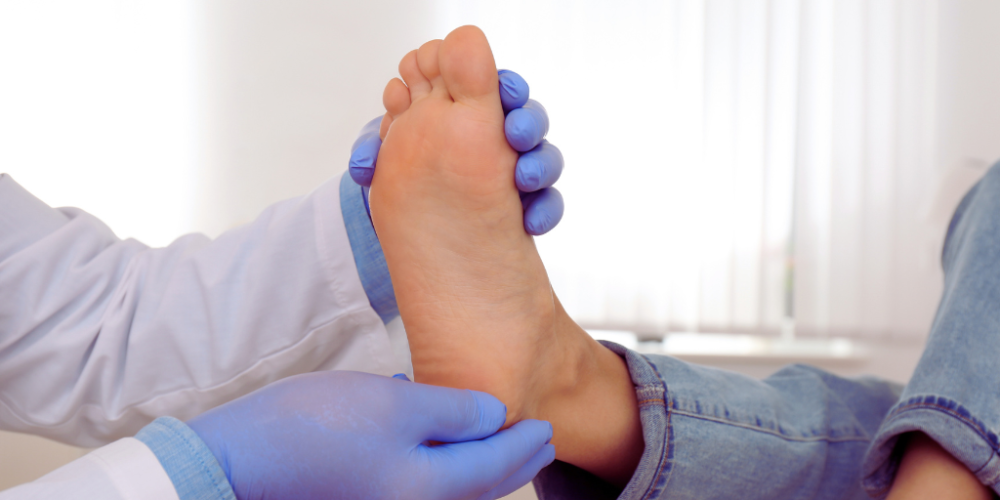
Common first-line neuropathy treatments:
-
Gabapentin (Neurontin)
-
Pregabalin (Lyrica)
These reduce overactive nerve signaling.
(Source: Cleveland Clinic)
Topical Treatments
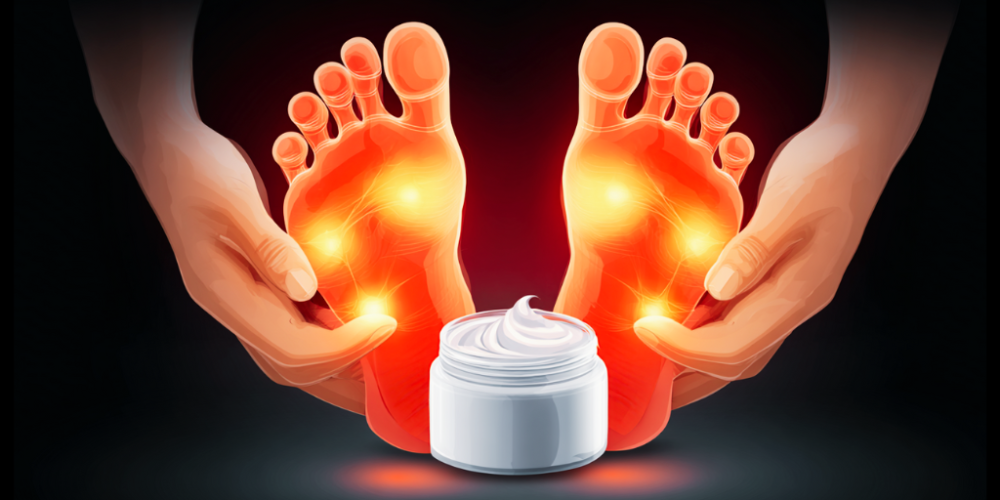
-
Lidocaine patches
-
Capsaicin cream (desensitizes nerves over time)
These are helpful for localized pain or surface nerve irritation.
➡️ 2. Lifestyle Changes

Balanced Diet
Support nerve function with:
-
B-vitamin–rich foods: eggs, whole grains, fish, leafy greens
-
Antioxidant foods: berries, nuts, dark leafy vegetables
-
Omega-3 fats: salmon, chia seeds, walnuts
Blood Sugar Management
For diabetic neuropathy, controlling glucose is the most effective long-term strategy to prevent further nerve damage.
(Source: American Diabetes Association)
Regular Exercise
Improves blood flow, reduces inflammation, and strengthens muscles. Best options:
-
Swimming
-
Cycling
-
Walking
-
Yoga or Pilates
Begin slowly to avoid nerve overstimulation.
Avoid Smoking & Limit Alcohol
-
Smoking reduces circulation to nerves.
-
Alcohol worsens nerve toxicity and vitamin depletion.
➡️ 3. Home Remedies

Supportive Footwear
Use:
-
Cushioned shoes
-
Wide toe boxes
-
Avoid tight or high-heeled footwear
Custom orthotics can redistribute pressure and reduce nerve irritation.
Massage & Stretching
Benefits:
-
Better circulation
-
Lower muscle tension
-
Reduced nerve compression
Focus on gentle calf stretches, foot flexion, and toe mobility.
Warm Foot Baths
Warmth increases circulation and relaxes muscles.
Caution: If you have reduced sensation, test water temperature carefully.
Epsom Salt Soaks
May help muscle relaxation due to magnesium content, though evidence is mild.
➡️ 4. Alternative & Supportive Therapies
Acupuncture
Some patients experience reduced nerve pain; thought to improve nerve signaling and circulation.
(Source: NCCIH – National Center for Complementary and Integrative Health)
Compression Therapy
Compression socks help if swelling contributes to nerve pressure.
TENS Units
Low-voltage electrical currents block pain signals and release endorphins.
Physical Therapy

A PT can craft personalized routines to improve:
-
Balance
-
Strength
-
Gait
-
Flexibility
They may also use manual therapy or nerve-gliding exercises.
🩺 When to Seek Further Medical Help
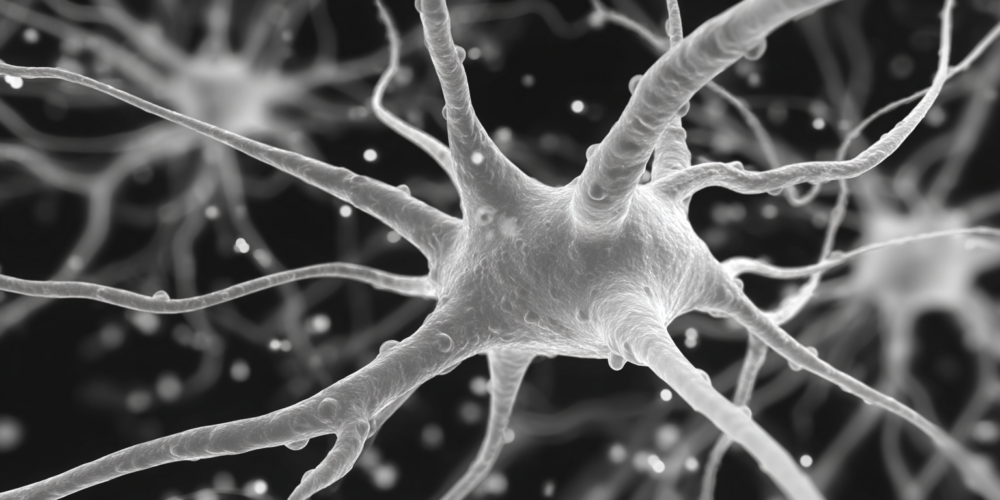
Seek specialized care if:
-
Symptoms worsen despite treatment
-
You notice severe weakness or foot drop
-
Pain becomes disabling
-
You develop ulcerations or wounds
-
You have sudden numbness or paralysis
Advanced Options
-
Nerve decompression surgery (for compression disorders)
-
Spinal surgery (for severe herniated discs or stenosis)
-
Nerve blocks or spinal cord stimulation for persistent, treatment-resistant cases
(Source: Johns Hopkins Pain Medicine)
👉 Conclusion
Nerve pain in the feet, toes, or legs can drastically affect your mobility and daily life—but with the right diagnosis and a comprehensive treatment plan, most people experience significant relief. Combining medication, lifestyle changes, gentle home care, and professional therapies creates the best long-term results.
Always work alongside qualified healthcare providers to determine the safest and most effective plan for your situation. With knowledge and the right strategies, neuropathy symptoms can be managed—and quality of life can improve.
News in the same category

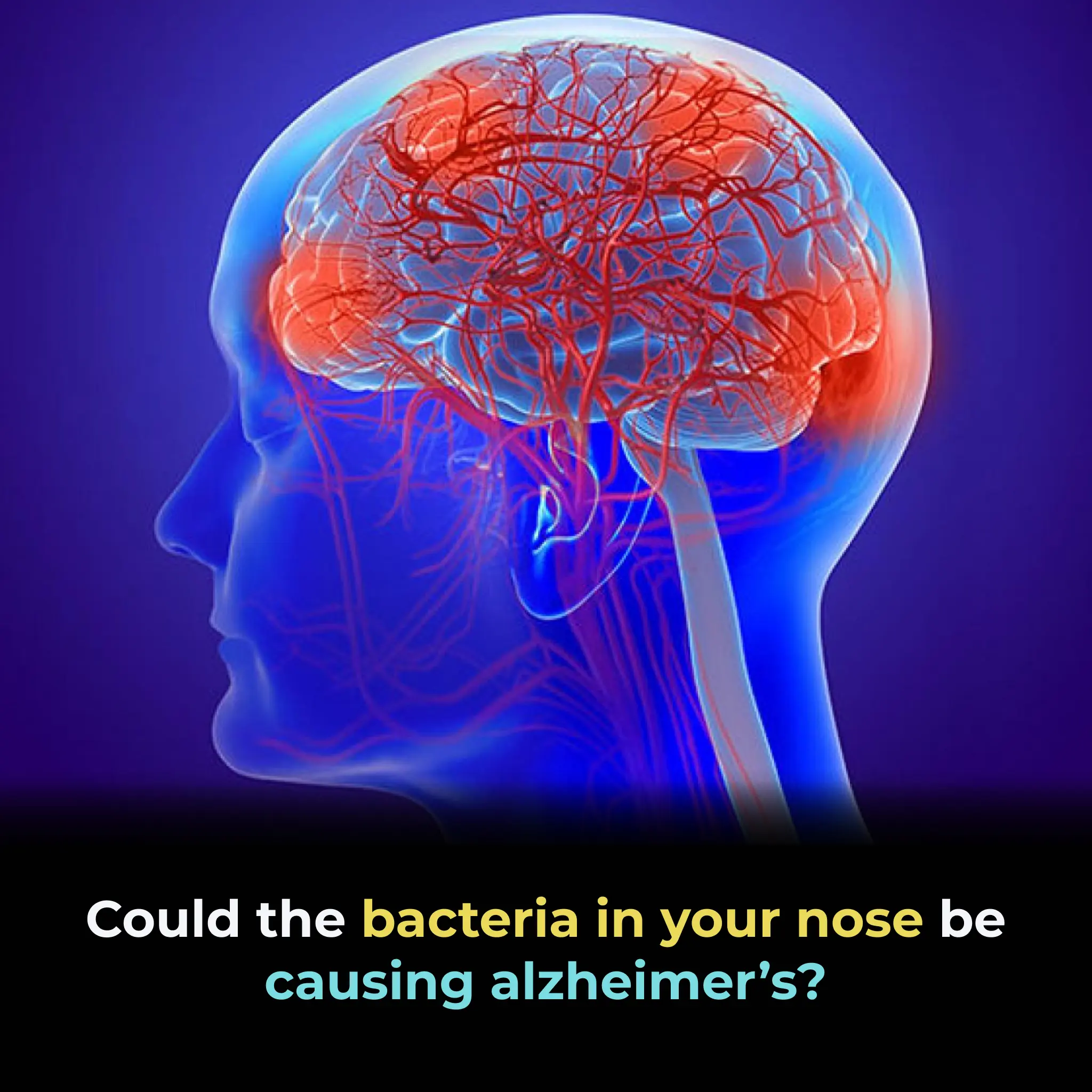
COULD THE BACTERIA IN YOUR NOSE BE CAUSING ALZHEIMER’S?

The Shocking Impact of Honey with Cloves on Your Health

Clear Your Lungs and Soothe Your Cough Naturally with Onion Remedy

Guava Leaf Tea: A Simple Habit With Powerful Health Benefits
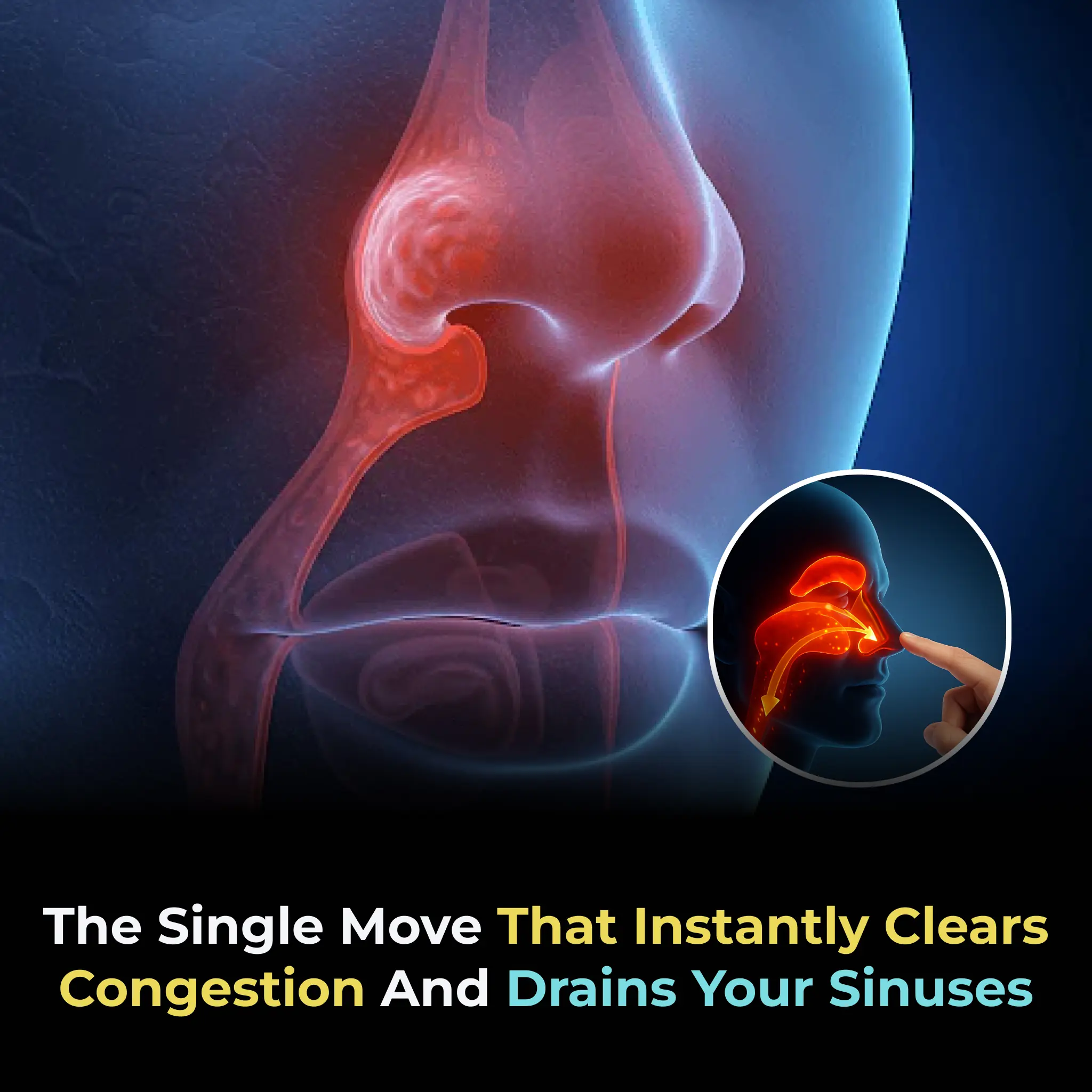
The single move that instantly clears congestion and drains your sinuses
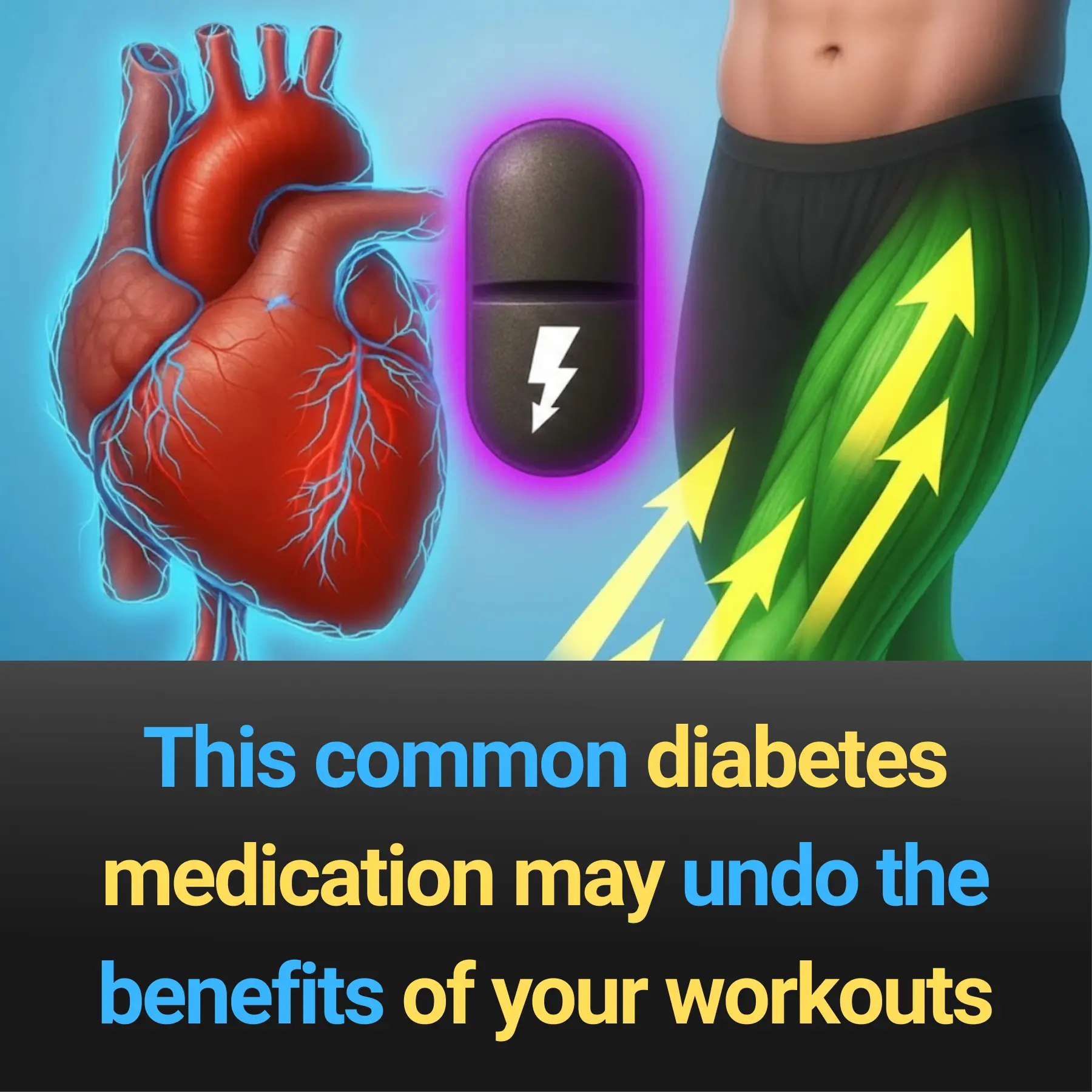
This common diabetes medication may undo the benefits of your workouts
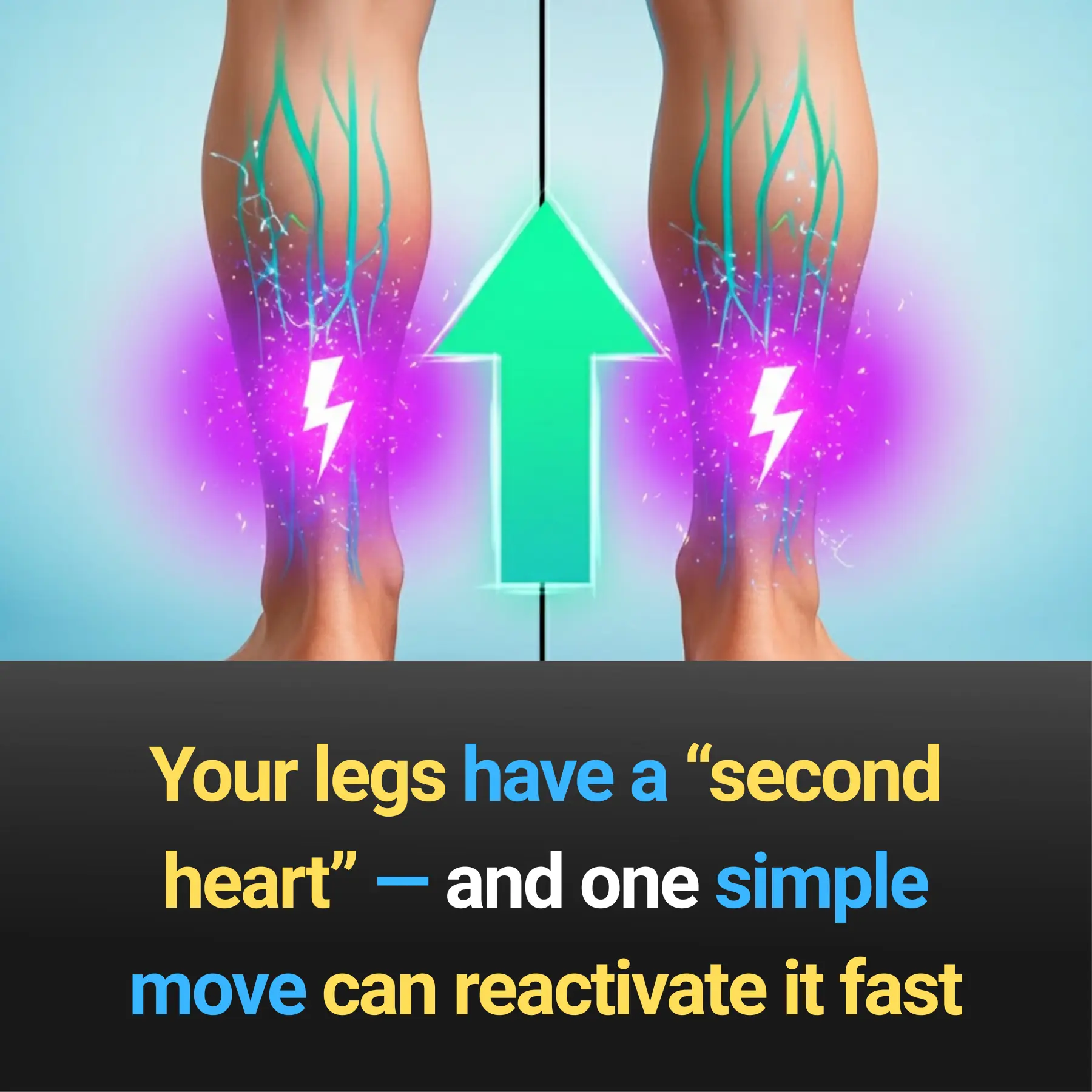
Your legs have a “second heart” — and one simple move can reactivate it fast
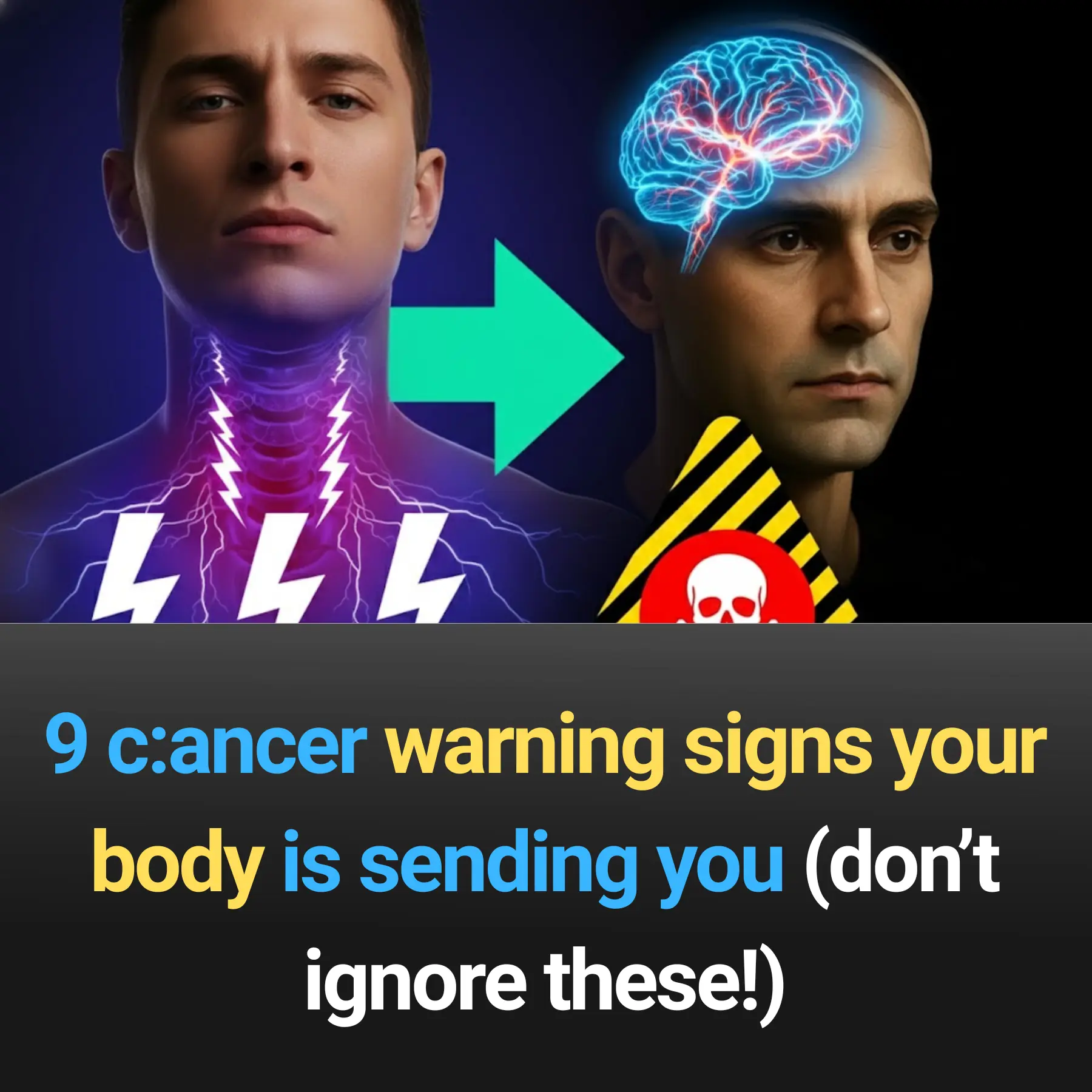
9 cancer warning signs your body is sending you (don’t ignore these!)

Here’s the secret why everyone puts avocados on the fire!

Scientifically Proven Benefits of Pumpkin Seeds (Pepitas) and Pumpkin Seed Oil
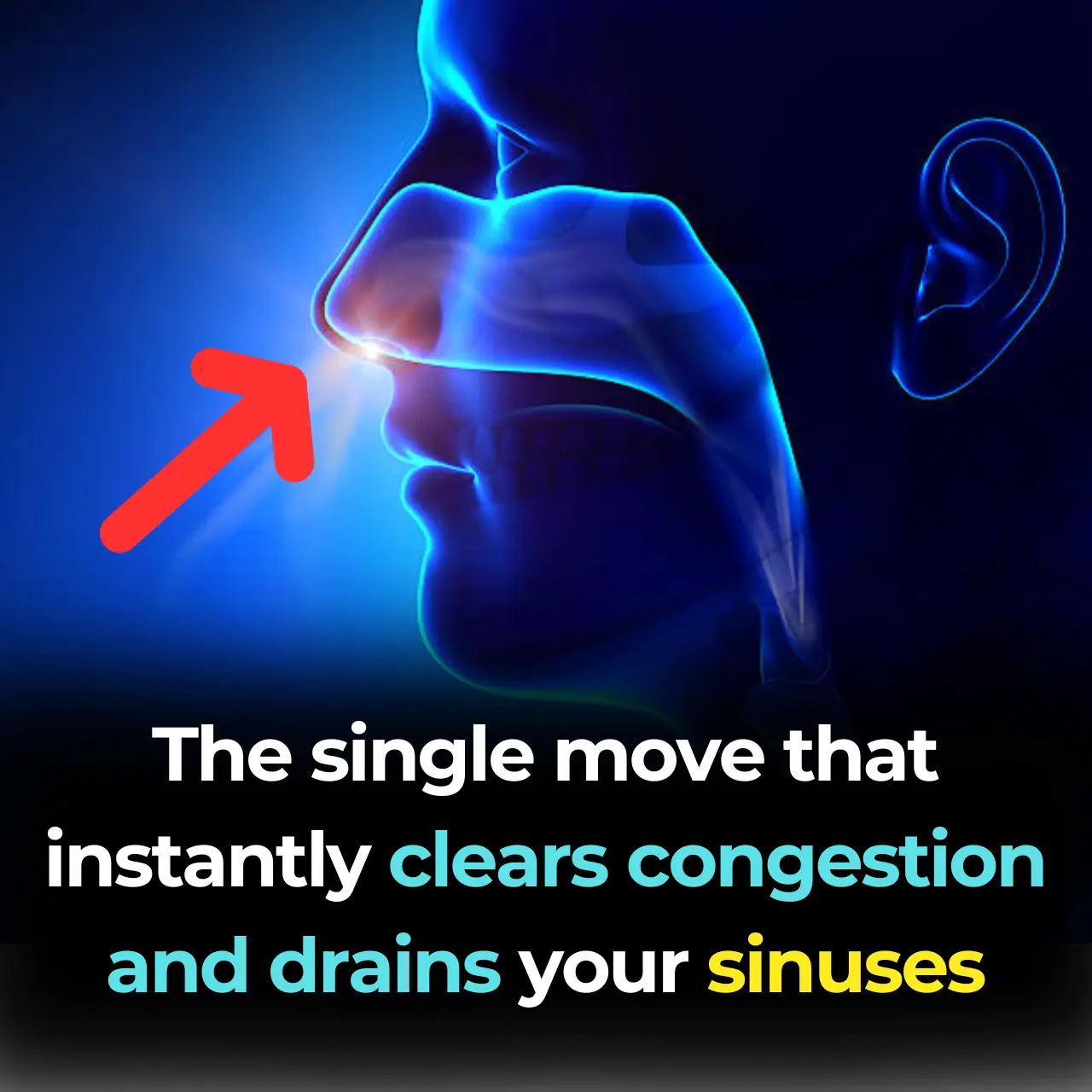
The single move that instantly clears congestion and drains your sinuses
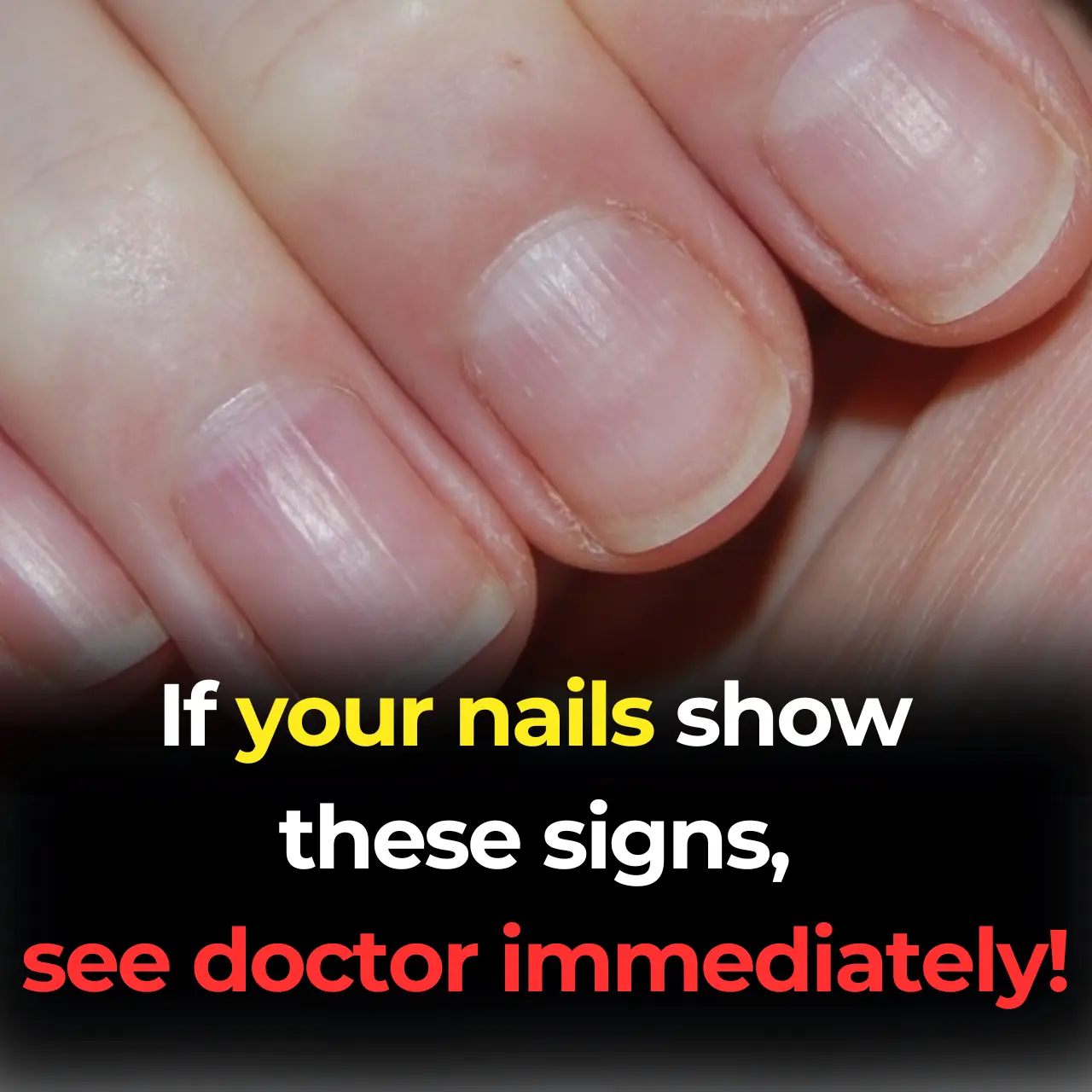
11 Health Warnings Your Fingernails May Be Sending
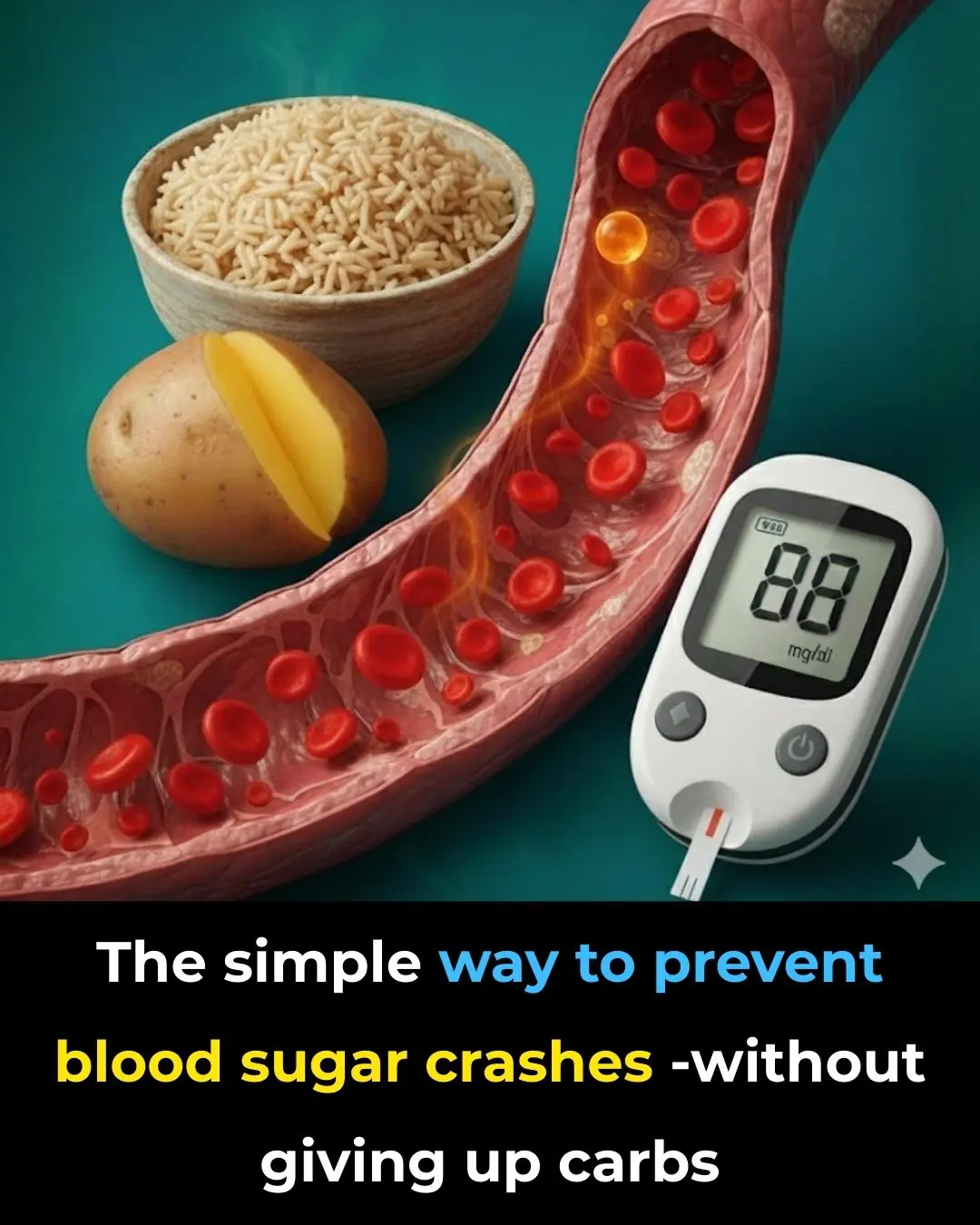
Stop blood sugar spikes—enjoy carbs without the crash!

The most powerful anti-cancer food you’ve probably never tried
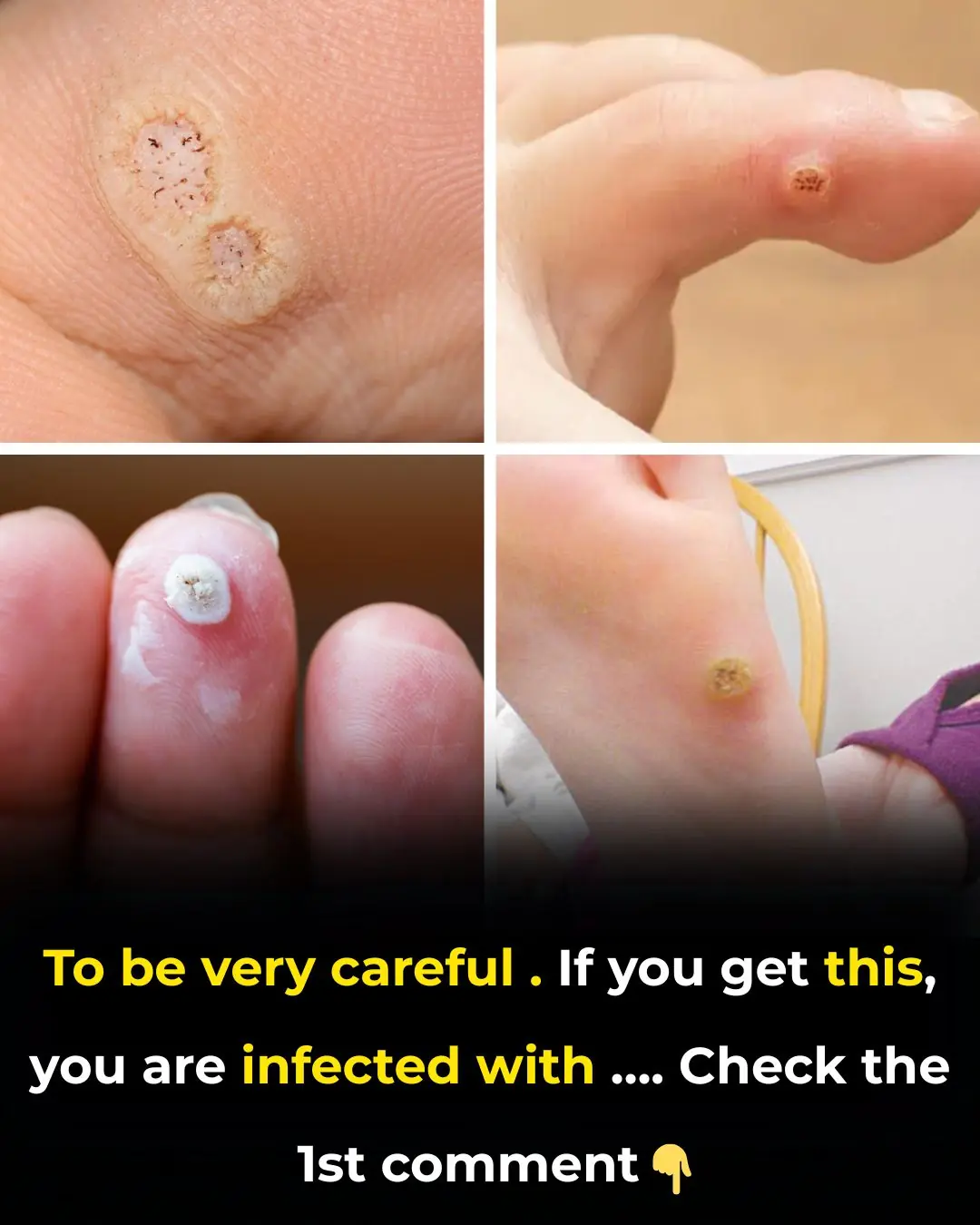
🩺 Be Aware: If You Notice This Skin Change, It Could Be Skin Cancer — Here’s What to Look For

Gastroenterologist says this is the #1 drink for gut health
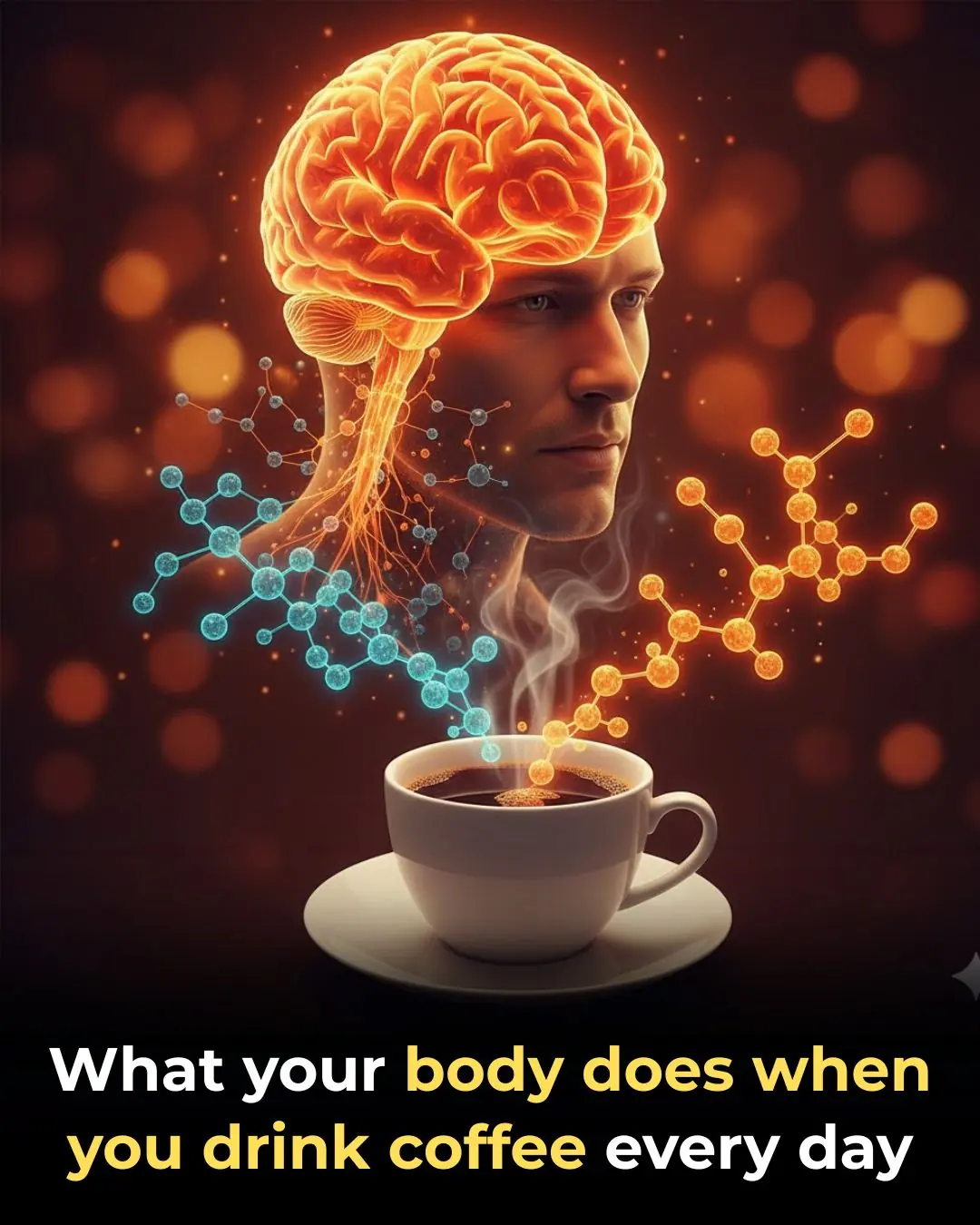
What your body does when you drink coffee every day
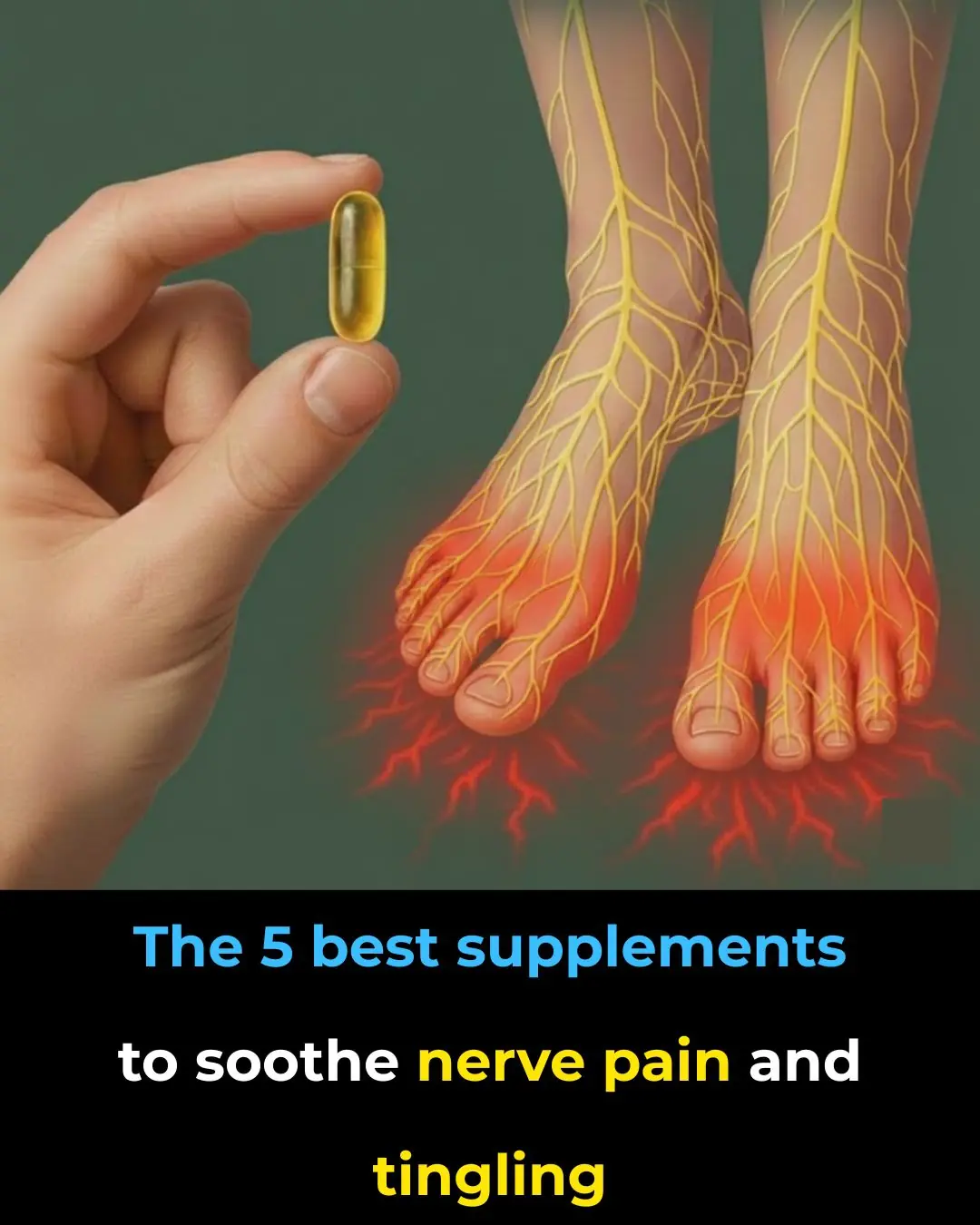
The 5 best supplements to soothe nerve pain and tingling
News Post

Scientists identify the only two foods consistently linked to higher cancer risk

COULD THE BACTERIA IN YOUR NOSE BE CAUSING ALZHEIMER’S?

Retinol Cubes Age 40, she rubs 1 cube daily, Never had any Dark Spots

Reverse Hair Greying – Turn White Hair to Black

A High School Robotics Team Built What Insurance Refused — And Gave a 2-Year-Old the Gift of Independent Movement

The Man Who Became “Dad” to Millions: How Rob Kenney Turned His Pain Into a Global Mission

The Woman With Two Genomes: The Extraordinary Chimera Case That Redefined DNA Science”

China Just Launched the World’s First 10G Home Internet — And It Signals the Future of Global Connectivity

An Olympic Medal, a Baby’s Life — and a Story of Humanity That Touched the World

The Shocking Impact of Honey with Cloves on Your Health

Clear Your Lungs and Soothe Your Cough Naturally with Onion Remedy

Guava Leaf Tea: A Simple Habit With Powerful Health Benefits

The single move that instantly clears congestion and drains your sinuses

This common diabetes medication may undo the benefits of your workouts

Your legs have a “second heart” — and one simple move can reactivate it fast

9 cancer warning signs your body is sending you (don’t ignore these!)

Here’s the secret why everyone puts avocados on the fire!

Grow Date Trees From Seed (Start in a Pot → Plant Outdoors): The Complete, No-Stress Guide
